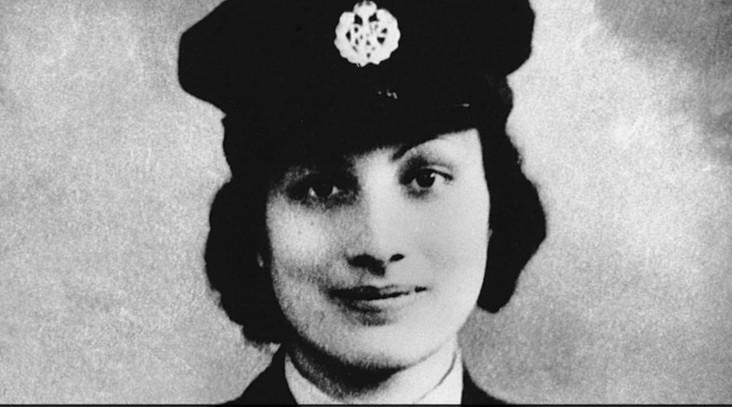
France Honours British Indian Spy & Tipu Sultan’s Descendant Noor
In a remarkable tribute, France has honoured Noor Inayat Khan, a descendant of Tipu Sultan and a World War II undercover British agent, with a commemorative postage stamp. This makes her the only Indian-origin woman to receive this prestigious tribute. Noor’s bravery and sacrifice during the war have been recognized and celebrated by France, a country she worked tirelessly to help liberate from German occupation.
Noor Inayat Khan was born on January 2, 1914, in Moscow, Russia, to an Indian father and an American mother. Her father, Inayat Khan, was a musician and a Sufi teacher who was a descendant of Tipu Sultan, the legendary ruler of Mysore. Noor’s family moved to England when she was a child, and she grew up in a multicultural environment that instilled in her a strong sense of justice and compassion.
During World War II, Noor joined the Women’s Auxiliary Air Force (WAAF) and later the Special Operations Executive (SOE), a secret British organization that conducted espionage and sabotage operations behind enemy lines. In 1943, she was sent to France as a radio operator, where she worked undercover, transmitting vital information back to London and helping to coordinate the French Resistance.
Noor’s work in France was extremely dangerous, and she was constantly at risk of being caught by the Gestapo. Despite the risks, she continued to work tirelessly, sending messages and helping to organize the resistance movement. Her bravery and selflessness earned her the respect and admiration of her colleagues and the French people.
Tragically, Noor was arrested by the Gestapo in 1943 and subjected to intense interrogation and torture. Despite the brutal treatment, she refused to reveal any information about her colleagues or the resistance movement. She was eventually sent to the Dachau concentration camp, where she was executed on September 13, 1944, at the age of 30.
Noor’s sacrifice and bravery have been recognized and celebrated by both France and Britain. She was earlier awarded the Croix de Guerre, France’s highest civilian honour, and Britain’s George Cross, the highest civilian honour for bravery. The new commemorative postage stamp issued by France is a further tribute to her memory and a recognition of her contributions to the war effort.
The issuance of the postage stamp is a significant event, as it highlights the important role that Noor Inayat Khan played in the war and her connections to both India and France. It also serves as a reminder of the contributions made by people of Indian origin to the war effort and the sacrifices they made for the freedom of others.
Noor’s story is an inspiring one, and her bravery and selflessness have inspired countless people around the world. Her legacy continues to be celebrated, and her memory serves as a reminder of the importance of standing up for what is right, even in the face of overwhelming adversity.
In recent years, there has been a growing interest in Noor’s story, with several books and films being made about her life and work. The issuance of the postage stamp is a further testament to her enduring legacy and a recognition of her place in history as a hero of World War II.
In conclusion, the honour bestowed upon Noor Inayat Khan by France is a fitting tribute to her bravery and sacrifice. Her story serves as a reminder of the important role that individuals can play in shaping history and the impact that one person can have on the world. As we remember Noor’s legacy, we are also reminded of the importance of promoting peace, justice, and freedom, and of the need to continue working towards a more compassionate and equitable world.






